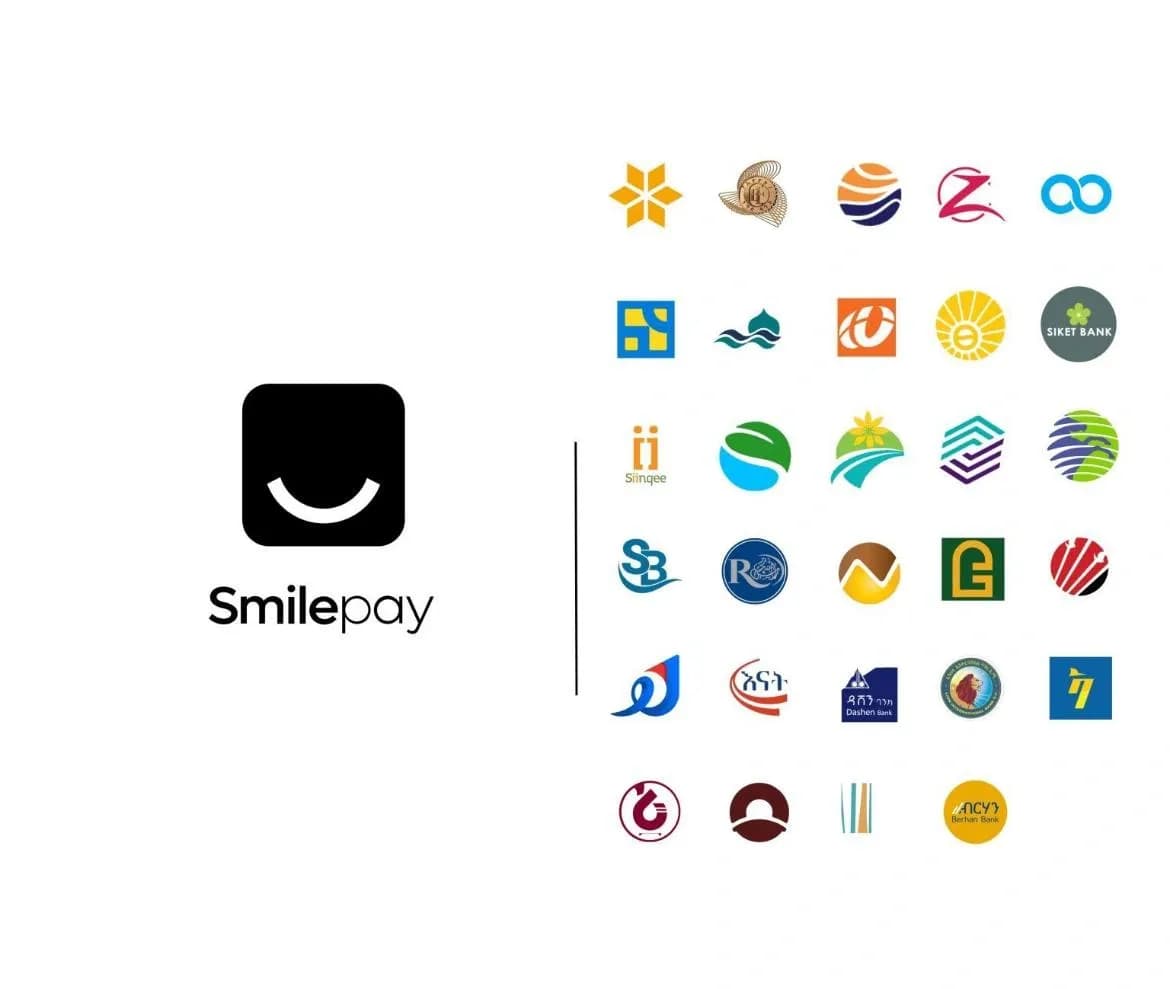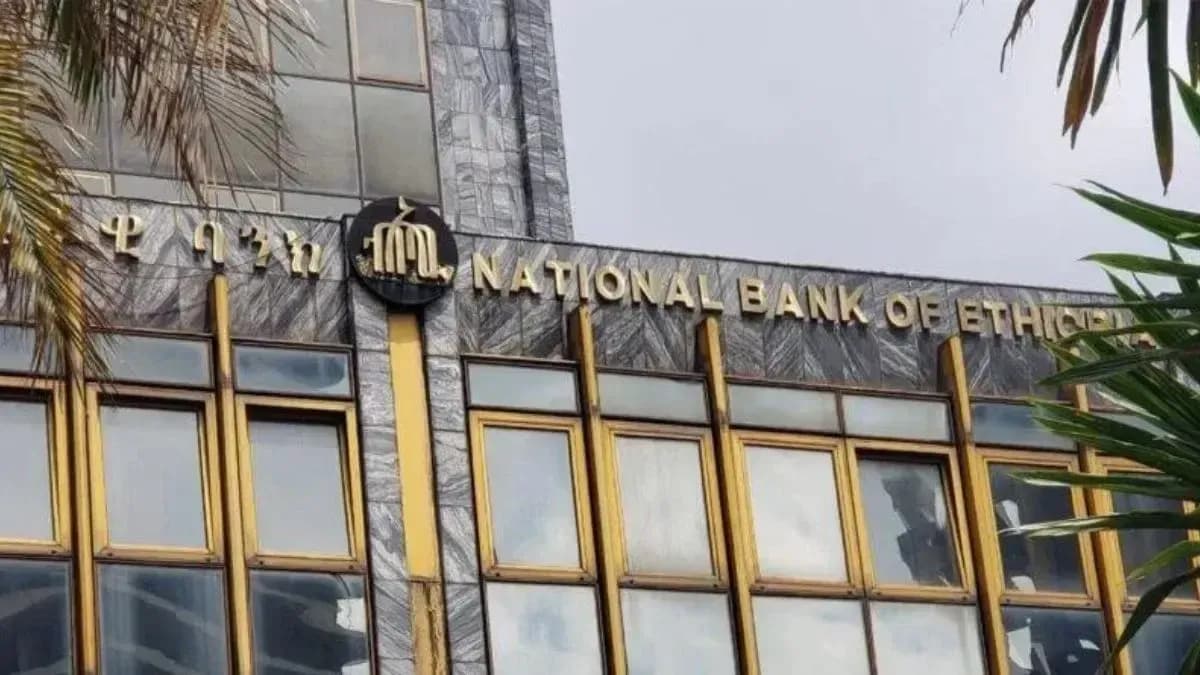In our “5 Questions” series, we ask partners in the AFTS ecosystem to share about their work and unique perspective on fintech. This “5 Questions” interview is with Yilkal Abate, the Vice President of ICT-ET, which is a strategic partner of the AFTS Addis Ababa event.
Briefly, can you describe what ICT-ET is, and the focus of the association’s work?
ICT-ET is an association of private sector ICT companies. It was formally established in Nov. 2010 with Charities and Societies Agency, and re-established at the Ministry of Trade in Dec. 2013. The purpose of the association is to Expose, Engage and Enable the private sector within the ICT industry in Ethiopia. The association provides different services which include the Public/Private Sector Forum, ICT Expo and conferences, facilitating innovation competitions, research, studies and policy proposal, Diaspora Mentorship Program, and Technology Innovation series to connect and expose the Ethiopian tech sector to companies from outside and vice versa. We are also working to incorporate additional support/services from the association related to startups.
Tell us about your public-private discussion forums and policy advisory roles in Ethiopia. How many members do you have and what sectors are a priority in your policy engagements?
Public/Private discussion forums normally take place every quarter, and they provide a mechanism to engage on sector-specific issues that need input from private sector companies. This platform is also useful to understand what the priorities are for the government in the sector. Both the public and private sectors update each other of their plans and achievements as well as challenges at the public-private discussion forums. The association also helps gather feedback for policymaking, and helps prioritize issues from the private sector via different working groups.
ICT-ET has more than 80 paying member companies, and more than 3000 companies and professionals on its mailing list. It has different working groups which include software, hardware, services and cross-cutting areas. It is also in the process of setting up sub-sectors to align further with day to day activities of member companies, and streamline the engagement mechanism. We have recently provided feedback on e-transactions regulation in the works, as well as ICT sector incentives to give the sector a boost. We also would like ICT sector to be included and recognized within Ethiopia’s MSME (Micro, Small and Medium Enterprise ) law.
You have been involved in the consultation of the draft e-commerce & fintech policies in Ethiopia. What was your role and what significant changes do you expect when these enactments are implemented?
One of the roles of the association has been in helping convene companies for required input towards the stated regulations while they are in draft stage. The association provided assistance in helping regulators understand the activities of fintech companies for example, and the value they can and do add to the payment and transactions aspect of the economy, thereby facilitating smoother trade. The new regulation recognizes fintech companies, which was not the case before. We anticipate that the implementation of the new policy will help improve aspects of public service where payments are likely to be made easier.
We also hope other tech-enabled industry verticals can create more jobs as a result. ICT can help create jobs in the Ethiopia context in agriculture, transport and logistics, health, hospitality, environment, manufacturing, and many other areas with appropriate connection and application of tech solutions in those sectors. This kind of well-considered application of technology will also help improve the competitiveness and attractiveness of the country to further investment from both locally and internationally. The association wants to play a catalytic role in that regard.
What are some developments in fintech that you are excited to see from ICT-ET members? What are some developments you would like to see in the future?
The fintech sector is now starting to attract investment from abroad and that is a positive development. There are several emerging Fintech companies with interesting use cases which would be exciting to see the impact of when they are further honed.
The government’s expressed support and increased focus on the area are also welcome. The activities of EthSwitch starting work to provide national switch service connecting all banks and financial institutions through different channels will likely also bring in further choice and competition in services in the area. Policy direction for financial inclusion in the short- and medium-term will also create opportunities for ICTET members, and we encourage them to participate.
We would like to see easier trading and smoother digital transactions taking hold in trade within Ethiopia’s economy. We also want to see strengthening of the ecosystem with growth of private sector companies involved in the sector.
Why are you excited to partner with Africa Fintech Summit in Addis Ababa?
The event will provide networking opportunities for Ethiopian tech companies, and allow them to share their experience with those coming from outside. It can provide an opportunity to dialogue and suss out possible solutions to potential challenges.
The event is being held at a time when Africa has launched a continental free trade agreement and the discussions will be a useful input towards how Ethiopia should prepare for the realization of this common market. Last but not least, it will support ICT-ET’s effort to provide sector-specific facilitation and collaboration opportunities.











